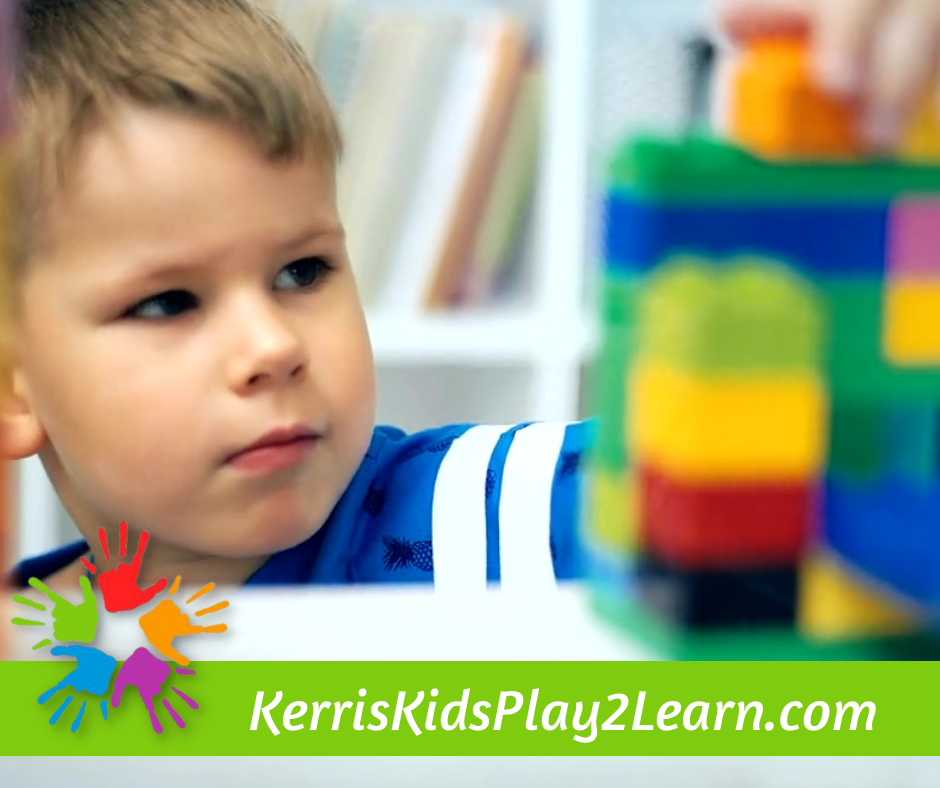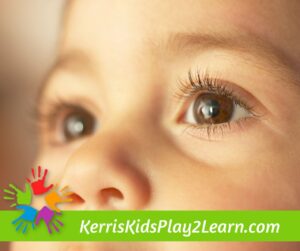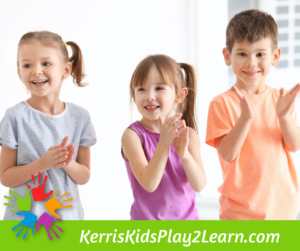 Shonda Rimes, a famous television producer and writer, creates over 70 hours of television per season. Without her, we wouldn’t have the drama of “Grey’s Anatomy”, the scandal in “Scandal”, or the steamy romance of “Bridgerton”. Someone like this, we think, must be an incredible genius. And a workaholic. And yes, she is these things. But she is first and foremost a mother, and in a Ted talk she gave back in 2016, she explained how saying “yes” to playing with her children saved her career.
Shonda Rimes, a famous television producer and writer, creates over 70 hours of television per season. Without her, we wouldn’t have the drama of “Grey’s Anatomy”, the scandal in “Scandal”, or the steamy romance of “Bridgerton”. Someone like this, we think, must be an incredible genius. And a workaholic. And yes, she is these things. But she is first and foremost a mother, and in a Ted talk she gave back in 2016, she explained how saying “yes” to playing with her children saved her career.
In 2016, she found herself overworked, burnt out, and exhausted. She was close to giving up completely. But she had always enjoyed playing with her children, she just didn’t have much time. So, she tried a new experiment where she said “yes” every time one of her kids asked her to play… even if she was walking out the door on the way to work, or late to a meeting.
And this had a profound effect. Shonda later explained, “Play is the opposite of work. And I am happy. Something in me loosens. A door in my brain swings open, and a rush of energy comes. And it’s not instantaneous, but it happens, it does happen. I feel it. A hum creeps back.”
Play saved Shonda’s career. And we all continue to benefit from her creativity!
When I hear this story, I think about the importance of play. Nobody benefits from play more than children!
You may have heard the saying “Play is the work of kids”. And while this statement is true, it doesn’t truly encapsulate how powerful it is. For kids, play is their work, their way of learning about the world, and their way of connecting. Play is everything!
When we see children building with blocks, we may think about how nicely they are playing, or how creative they are, or how we can use this time to throw in a load of laundry or even start dinner. But there is so much more happening. By stacking blocks, the child is learning spatial awareness, fundamental math skills, and developing their fine motor skills. By dropping a block, the child learns about the world – things fall down, not up.
Play is important for ALL kids, including kids with developmental differences. When children are speech delayed, have sensory sensitivities, or experience motor delays, play is the best way to bridge these gaps. We can’t just ask a child with a speech delay to speak in full sentences if they don’t have the developmental building blocks to do that just yet.
We need to meet them where they are, and then use the power of play to encourage and advance their skills. They may only be able to make an “ahhh” sound. That’s okay! We start there.
In my play sessions, I always start with where the child is at. I use repetition and song to encourage communication. I am well versed in the DIR Floortime Play Model, and I am always on the floor, playing with them at their level. (That is why I’m always in yoga or sweatpants!) I have the best job in the world – I get to teach kids new skills through the power of play. And just like Shonda, play motivates me to keep going and to make a difference in the world!



